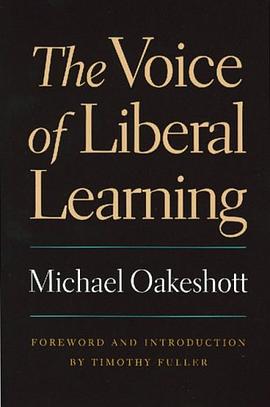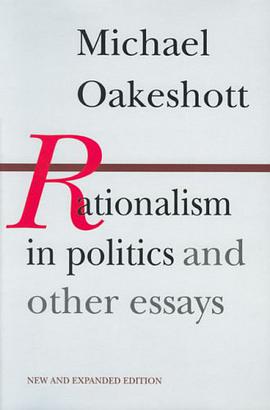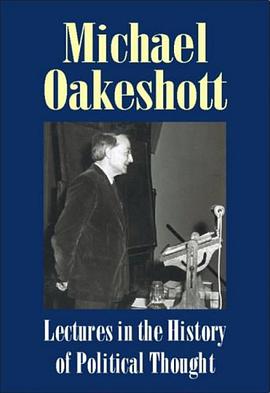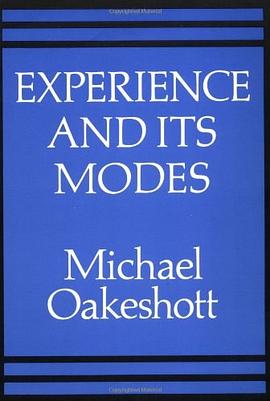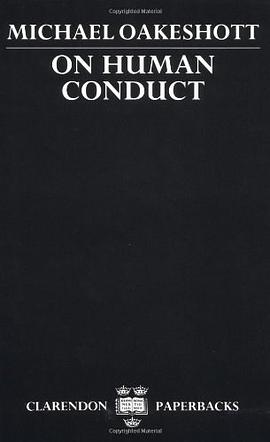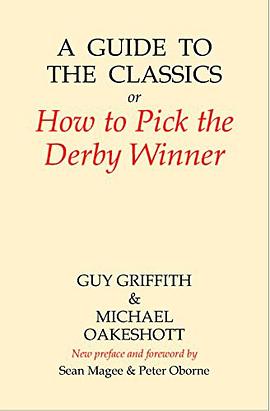The Voice of Liberal Learning 豆瓣
作者:
迈克尔·欧克肖特
Liberty Fund
2001
- 10
To those weary and wary of the cacophony about what's wrong with education in America and what ought to be done about it, Oakeshott's voice beckons. As usual, his approach to the subject is subtle, comprehensive, and radical -- in the sense of summoning readers to the root of the matter. That root, Oakeshott believed, is the very nature of learning itself and, concomitantly, the means (as distinct from the method) by which the life of learning is discovered, cultivated, and pursued. As Oakeshott has written, "This, then, is what we are concerned with: adventures in human self-understanding. Not the bare protestation that a human being is a self-conscious, reflective intelligence and that he does not live by bread alone, but the actual enquiries, utterances, and actions in which human beings have expressed their understanding of the human condition. This is the stuff of what has come to be called a liberal' education -- liberal' because it is liberated from the distracting business of satisfying contingent wants". Includes a foreword by Timothy Fuller that reiterates the timelessness of Oakeshott's reflections amid the continuing clamour that characterises discourse about liberal education.
